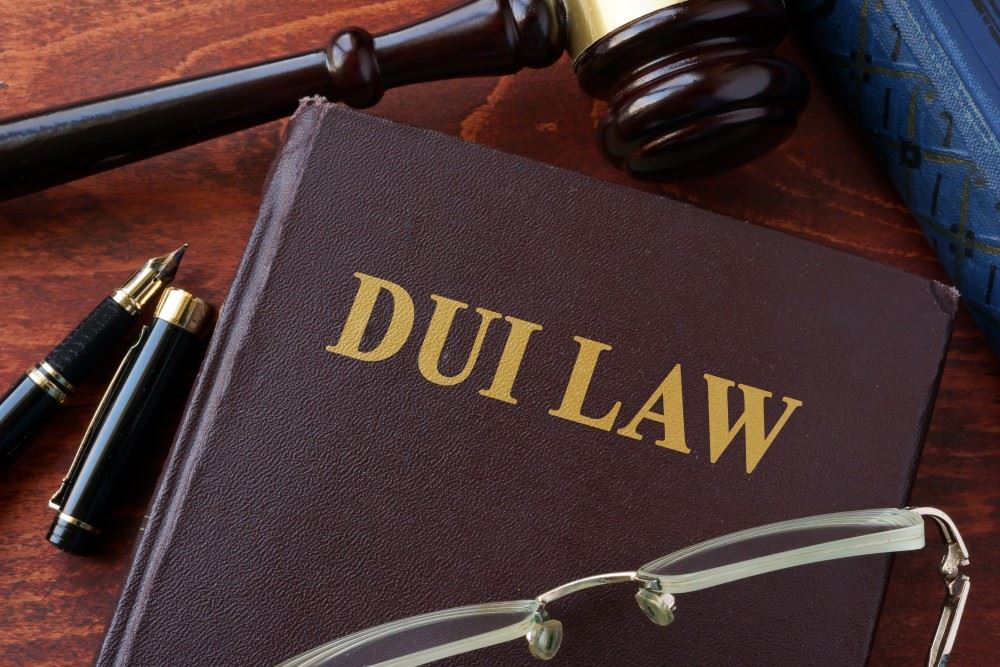What is a felony DUI in SC?
“Felony DUI” is a specific type of DUI in South Carolina where the driver causes an accident that results in either great bodily injury or death.
“Ordinary” DUIs in SC are always classified as misdemeanors. In this article, we will explain:
- The elements of a felony DUI in SC,
- The potential penalties for a felony DUI conviction,
- The collateral consequences from a felony DUI conviction, and
- Why driving under the influence 1st, 2nd, 3rd, or 4th or subsequent offense are not charged as felonies.
What is a Felony DUI in SC?
SC Code Section 56-5-2945 defines a felony DUI as when a person:
- Drives a motor vehicle,
- While under the influence of alcohol, drugs, or a combination of alcohol and drugs,
- “Does any act forbidden by law or neglects any duty imposed by law in the driving of the motor vehicle,” and
- That “act or neglect proximately causes great bodily injury or death to another person.”
This means that if you commit negligence while driving under the influence and the negligence is the proximate cause of someone else’s great bodily injury or death, you can be found guilty of felony DUI.
As with a civil claim for negligence in an auto accident case, this could mean speeding, running a red light, crossing the centerline, failing to keep a proper lookout, or violating any traffic law.
What Types of DUI’s are Charged as Felonies in SC?
Felony DUI under Section 56-5-2945 is the only type of DUI that is charged as a felony in SC (see, “Can an Ordinary DUI also be a Felony?” below).
Penalties for Felony DUI with Death
When a person drives a motor vehicle while under the influence and causes someone’s death through negligence, the potential penalties include:
- A mandatory fine of not less than $10,100.00 nor more than $25,100.00 and
- Mandatory imprisonment for not less than 1 year nor more than 25 years.
Penalties for Felony DUI with Great Bodily Injury
When a person drives a motor vehicle while under the influence and causes great bodily injury through negligence, the potential penalties include:
- A mandatory fine of not less than $5,100 nor more than $10,100, and
- Mandatory imprisonment for not less than 30 days nor more than 15 years.
SC law defines “great bodily injury” in the context of a felony DUI as “bodily injury which creates a substantial risk of death or which causes serious, permanent disfigurement, or protracted loss or impairment of the function of any bodily member or organ.”
If you were in a car crash while drunk, and the other person went to the hospital, you can be charged with DUI 1st, 2nd, 3rd, or 4th or subsequent, but you can’t be convicted of felony DUI unless the other person’s injuries meet the above definition of “great bodily injury.”
Collateral Consequences of a Felony DUI Conviction
In addition to the potential fines and prison time, there are other “collateral” consequences that may include:
- License suspension,
- License revocation,
- Enrollment in ADSAP,
- Ignition interlock device (IID) requirements,
- License reinstatement fees, IID fees, and court costs,
- SR-22 insurance, and
- Difficulty finding employment after completion of the sentence.
Can an “Ordinary” DUI also be a Felony?
There is some confusion about whether a DUI 4th or subsequent offense is considered a felony or a misdemeanor in SC – which is understandable, since SC’s DUI statutes do not specify whether DUI 1st, 2nd, 3rd, or 4th or subsequent offenses are felonies or misdemeanors.
There are quite a few websites and blog posts from SC attorneys that state “DUI 4th or subsequent is charged as a felony,” but none of these sources explain where they obtained this information or what SC code section would make a DUI 4th a felony offense.
Felony Classifications in the SC Code
If you compare the penalties for classifications of felony offenses found in SC Code Section 16-1-20 to the potential penalties for driving under the influence in SC Code Section 56-5-2930, the penalties for a DUI 4th or subsequent offense – up to 7 years if the person’s blood alcohol content (BAC) is .16% or greater – are comparable to a Class F felony.
Similarly, the potential penalties for a DUI 3rd offense – up to 5 years if the person’s BAC is .16% or greater – is comparable to a Class F felony, but the potential penalty for a DUI 3rd offense with no BAC result is up to 3 years, which is comparable to a Class A misdemeanor.
Under this analysis, DUI 4th or subsequent offense would be a felony, and DUI 3rd offense could be a misdemeanor or a felony offense depending on the BAC. The problem is that’s not how we determine whether a crime is a felony or misdemeanor.
Driving Under the Influence is a Misdemeanor Offense in SC
The answer may be found in SC Code Section 56-5-6190, which states that “[i]t is a misdemeanor for any person to violate any of the provisions of this chapter unless such violation is by this chapter or other law of this State declared to be a felony.”
Driving under the influence 1st, 2nd, 3rd, or 4th or subsequent offenses are found in Article 56, Chapter 5, Section 2930, the same chapter in which Section 56-5-6190 is found, and there is no designation of those offenses in chapter 5 of Article 56 or any other state law that declares them to be a felony; therefore, they are misdemeanor offenses under SC law.
The only DUI offense in SC that is a felony is the offense of “felony DUI,” which is specifically designated as a felony in the SC Code.
Questions About Felony DUI in SC?
If you have been charged with felony DUI in SC, contact the SC DUI defense lawyers at Templeton, Mims & Ward at (843) 891-6100 or by sending us an email through our website to set up a consultation and find out how we can help.


